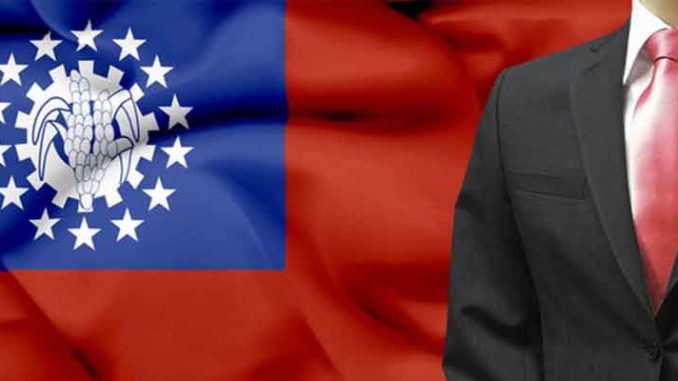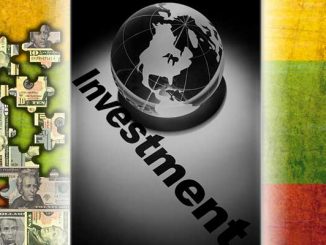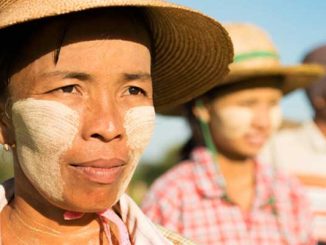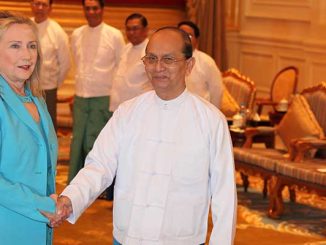
Moving Myanmar: The Future of Military Prominence
David I. Steinberg, Distinguished Professor from Georgetown University writes about Myanmar and the role of the military as the country moves forward. Looking at social mobility specifically, David argues that Myanmar society was more open before it was choked by the military in the past and talks about how at that time, the only avenue for social mobility was through the army. Today, other avenues have reopened, with the possibility of making Myanmar a more balanced society. […]



